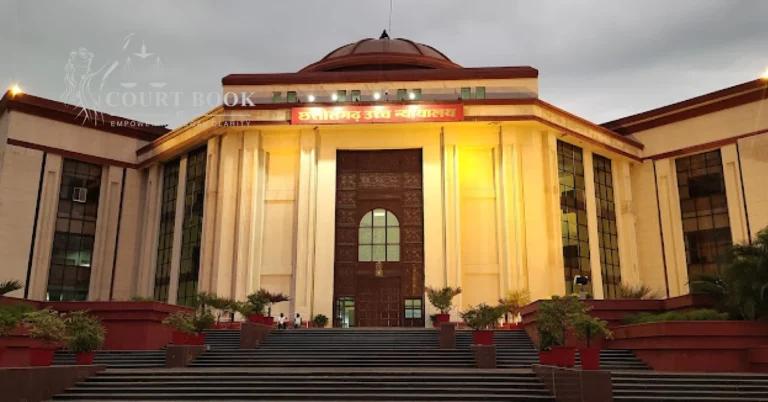The Chhattisgarh High Court has emphasized the need for legislative intervention to relax the stringent twin conditions under Section 45 of the Prevention of Money Laundering Act (PMLA). The court observed that such rigidity restricts judicial discretion and hampers the fundamental rights of accused individuals seeking bail.
The court, while hearing a bail plea, remarked:
"The legislature must provide 'wiggle room' to courts to determine bail conditions on a case-by-case basis to prevent minor bail applications from reaching the Supreme Court."
Justice Arvind Kumar Verma acknowledged that lower courts often hesitate to grant bail due to the rigid provisions, which results in unnecessary escalation of cases. At the same time, the judiciary must balance the legislature’s concerns regarding money laundering with the protection of individual liberties.
The High Court underlined that while money laundering linked to terror financing and other grave crimes must be dealt with strictly, not all cases fall into this category. A uniform application of the twin conditions under Section 45 disregards the varying degrees of severity among different offences.
The Court noted:
"A one-size-fits-all approach is not viable. Bail conditions should reflect the seriousness of the alleged offence, ensuring fairness and proportionality."
The court acknowledged that the fight against terror funding is crucial but also highlighted instances where the rights of the accused have been violated due to blanket enforcement of stringent provisions.
Read Also:- Chhattisgarh HC Slams Civic Negligence: Residents Under "House Arrest" Due to Municipal Lapses
As per Section 45 of the PMLA, an accused can be granted bail only if two conditions are satisfied:
- The court must be prima facie satisfied that the accused has not committed the offence.
- The accused must not be likely to commit any offence while on bail.
Case Background: Anwar Dhebar's Bail Plea
The observations were made during the bail plea hearing of Anwar Dhebar, the elder brother of Raipur Mayor and Congress leader Aijaz Dhebar, who is accused in a corruption and cheating case related to the Chhattisgarh liquor scam.
According to the prosecution, Dhebar used his political connections to manipulate liquor production and distribution, receiving illegal commissions from distillery owners. Allegations include:
- Receiving commissions through increased liquor production and supply.
- Running a liquor syndicate involving high-ranking officials and businessmen.
- Facilitating the sale of unaccounted liquor through state-run shops.
His counsel argued that he had no involvement in the alleged crimes and that key prosecution witnesses had retracted their statements, claiming coercion. However, the Enforcement Directorate (ED) opposed his bail, citing concerns that he might influence witnesses or tamper with evidence.
After reviewing the evidence, the court found substantial material linking Dhebar to the criminal syndicate and the proceeds of crime. The order stated:
"The applicant acted as a strongman running the liquor syndicate for political benefactors in association with top bureaucrats. He orchestrated bribe collection and was responsible for acquiring and concealing proceeds of crime."
Considering these factors, the court ruled that Dhebar did not meet the twin conditions for bail under Section 45 of the PMLA and thus denied his plea.
The court further examined how higher judiciary views Section 45. It noted that the Supreme Court has primarily considered its impact in terms of the seriousness of the crime, rather than its constitutional validity. While courts have the power to strike down unconstitutional provisions, the legislature reinstated the strict bail conditions through the Finance Act, 2018, after the Apex Court invalidated them in Nikesh Tarachand Shah v. Union of India (2017).
In Vijay Madanlal Choudhary v. Union of India (2022), the Supreme Court upheld the amendments, reinforcing that the presumption of guilt applies strictly to money laundering offences, not the scheduled offences.















